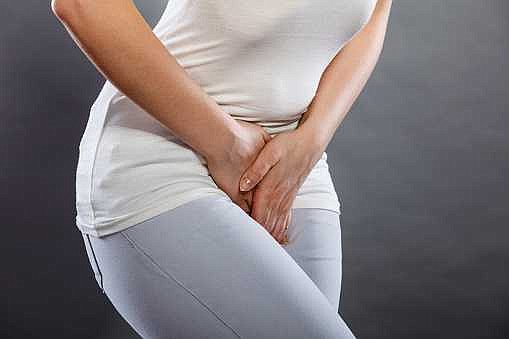What Happens to Your Body When You Hold Your Pee
Style Magazine Newswire | 12/28/2018, 11:05 a.m.
We get it. You’re busy. We’re busy, everybody’s busy. You have things to do, people to take care of and places to go. So sometimes we put ourselves last, including our bladders. But how healthy is it to hold your pee and not go to the bathroom when your bladder tells you to?
A healthy adult bladder can hold up to 16 ounces, or 2 cups, of urine. This is great news if you’ve only had one cup of coffee, but not so much if you find yourself on cup number three with no restroom in sight.
The bladder capacity for children under the age of 2 is about 4 ounces. For children older than 2, the capacity can be found by dividing their age by 2, then adding 6. For example, an 8-year-old child can typically hold 10 ounces of urine.
Most everyone has held in urine at one time or another. You may have wondered whether holding your pee is healthy. Here’s what you need to know.
But is it safe to hold your pee?
There isn’t a set guideline for how long you can safely hold your pee. It varies from person to person, but you need to know what happens if you do:
The cylindrical sphincters in your bladder close up tightly to keep all of the urine from leaking through your urethra.
These little muscles are great at what they do, until you make them do it consistently for a really long time, say if you’re a trucker and you’re holding in your pee on long trips several times a week.
If you make a habit of holding in your pee for ages, you’re subjecting yourself to pretty serious long-term effects, including a higher risk of infection. Constantly holding in your pee can weaken your bladder muscles, which could lead to urinary retention – the dreaded condition that prevents you from being able to fully empty your bladder when you pee, which means you feel like peeing a lot.
In certain circumstances, holding urine for any length of time can be even more dangerous. If you have any of the following conditions, holding your urine can increase your risk of infection or kidney disease:
– enlarged prostate
– neurogenic bladder
– kidney disorders
– urinary retention
Women who are pregnant are already at an increased risk for urinary tract infections (UTIs). If you’re pregnant, holding your pee can further increase this risk.
So, what happens to your body when you hold your pee?
When you feel the urge to empty your bladder, the reason behind it isn’t as simple as your bladder filling up with liquid. It’s actually a pretty complex process involving many muscles, organs, and nerves that work together to tell you that it’s time to go.
When your bladder is about half full, it activates the nerves in your bladder. These nerves signal your brain to give you the urge to urinate. The brain then signals the bladder to hold on until it’s time. Holding your pee involves consciously fighting this signal to urinate.
These signals will differ from person to person. They also vary according to your age, how much liquid your bladder contains, and what time of day it is. For example, these signals decrease at night — that way you can get a full night’s rest instead of running to the restroom every few hours!
For some women, the urge to urinate more frequently can increase after having children. This results from changes that occur during childbirth, including weakened muscles and nerve stimulation.
If you have an overactive bladder, holding your pee can be an important part of bladder training. Regular bladder training may help you develop a more convenient urination schedule.
So what does this all mean? Make sure you are going to the bathroom and emptying your bladder when the feeling hits. It doesn’t make you less manly or less womanly to excuse yourself and go to the bathroom.
When it’s time to go…then go!







